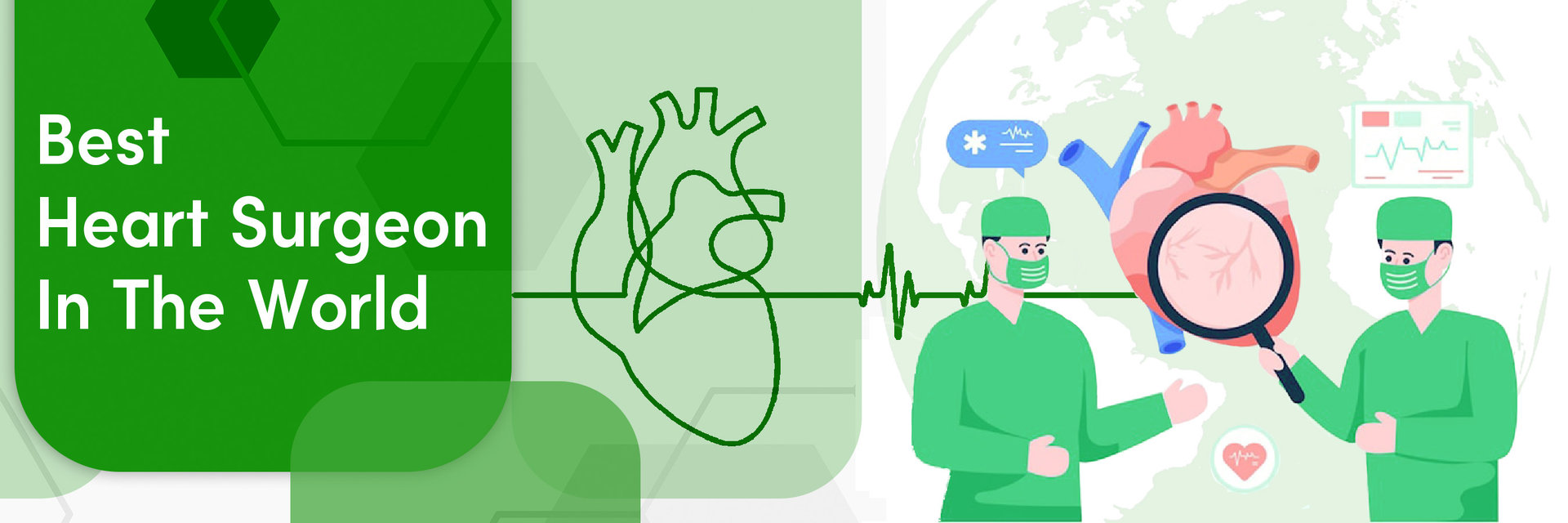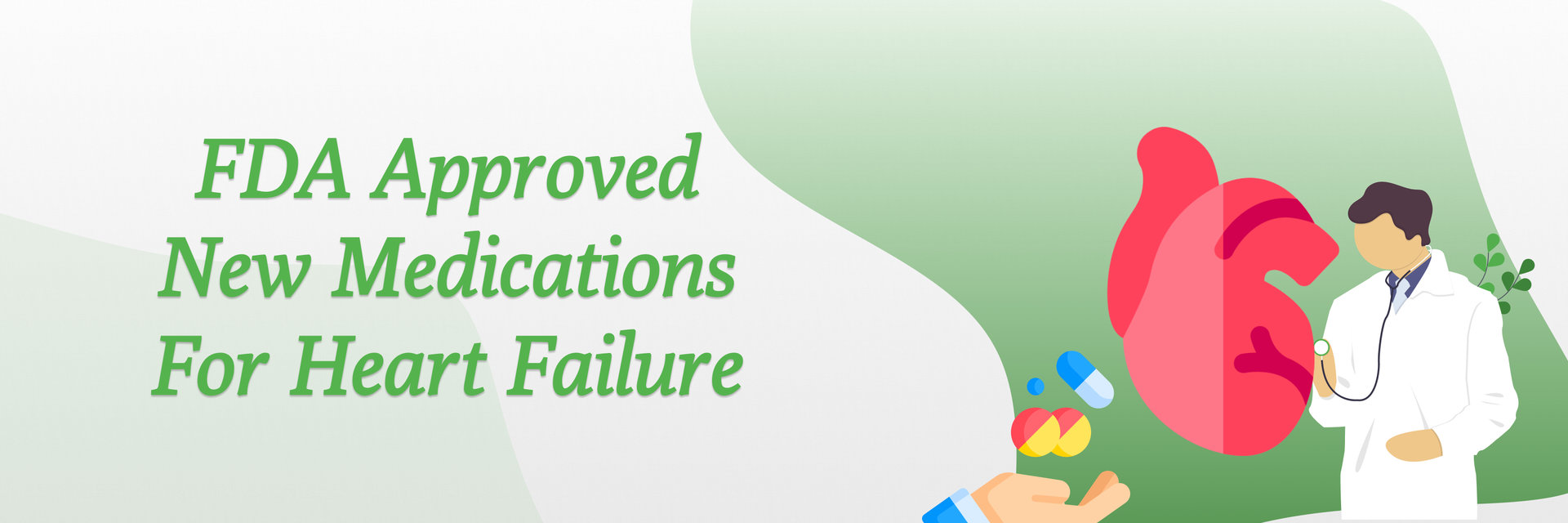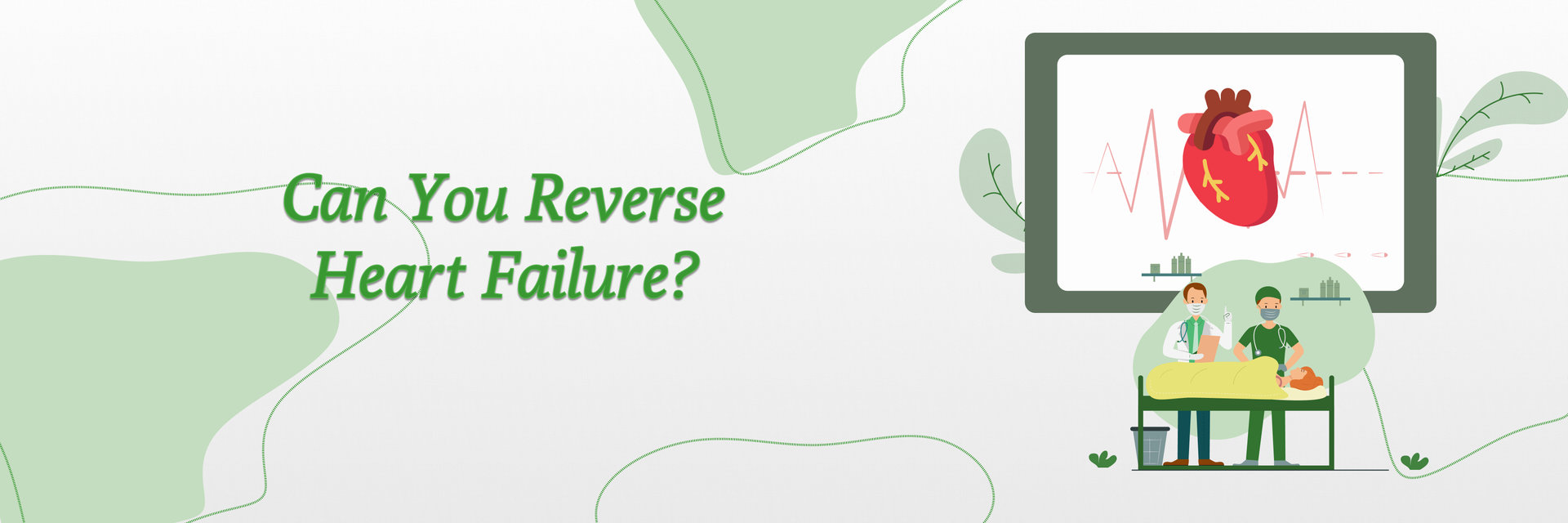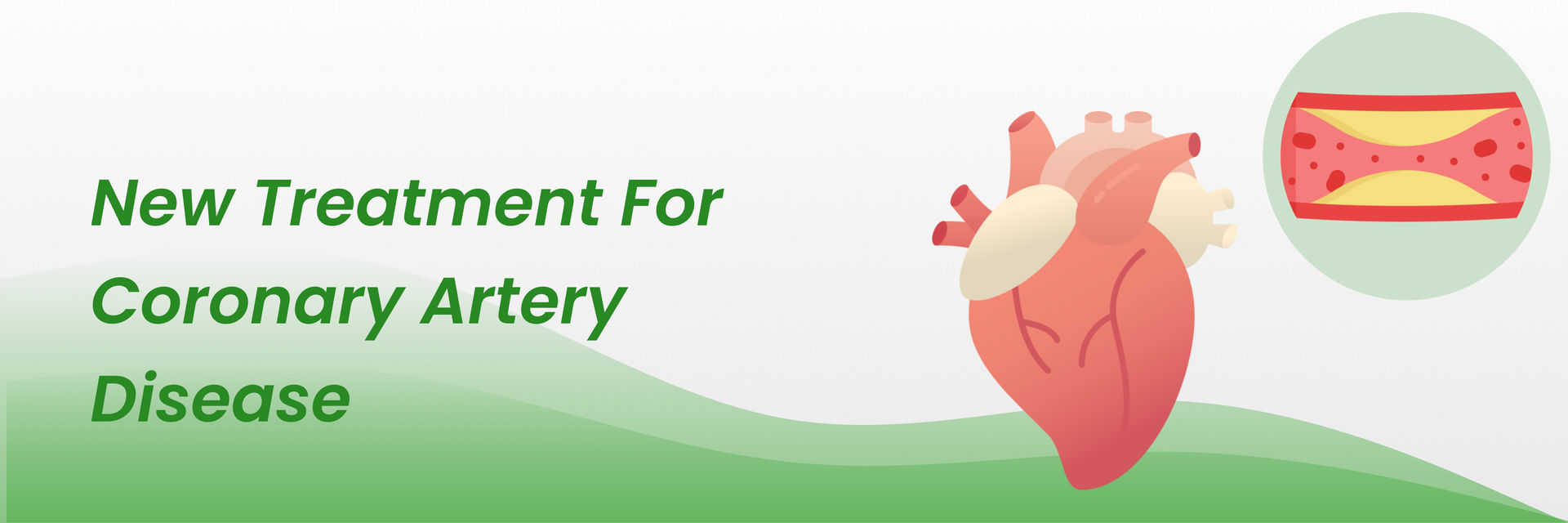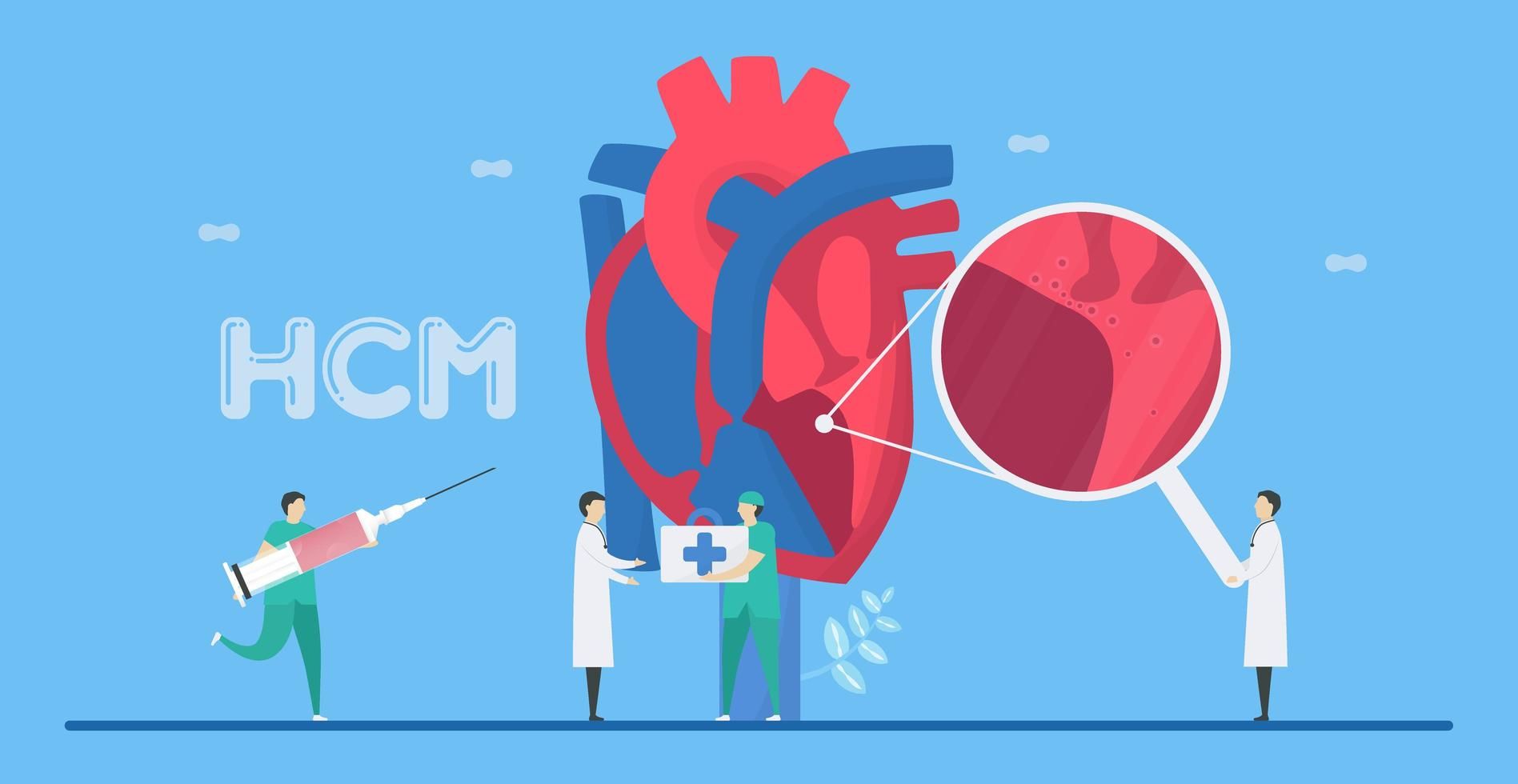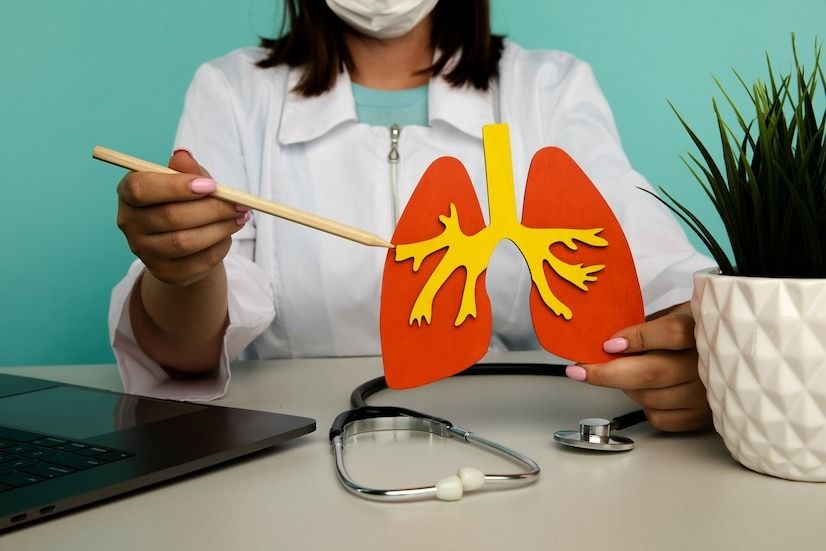Ever wondered what's behind the term "triple vessel disease"? Let's break it down.
What is triple vessel disease?
Triple vessel disease refers to a heart condition where all three major coronary arteries get blocked. These arteries supply blood to the heart muscle. When they're affected, it can lead to serious complications like heart attacks. You may think surgery is needed. But it's possible to manage triple vessel disease without surgery. Lifestyle changes, medication, and monitoring are some ways to handle it. Always consult with a medical professional about the best approach for individual cases.

Medications might be the answer, but there's more to the story. Ready to dive in?
Can triple vessel disease be managed with medications alone?

Yes, in some cases, triple vessel disease without surgery is manageable. Medications can help alleviate symptoms and prevent further artery blockage. However, the severity and location of the blockages play a crucial role in determining the best treatment approach. While medications can be beneficial, some situations might necessitate more invasive procedures. Always consult with a cardiologist. This is to understand the best course of action for managing triple vessel disease without surgery.
Don't overlook your health. Manage triple vessel disease effectively with medications for personalized care.
Think surgery's the only way? Think again. Discover the power of lifestyle changes.
What lifestyle changes can help improve triple vessel disease without surgery?

Improving triple vessel disease without surgery is achievable with lifestyle changes. Firstly, embrace a heart-healthy diet rich in whole grains, lean proteins, and plenty of fruits and vegetables. Avoiding tobacco and limiting alcohol can make a significant difference. Regular exercise, like brisk walking or swimming, can strengthen the heart. Managing stress through mindfulness or yoga can also be beneficial. Lastly, keep a check on blood pressure, cholesterol, and diabetes. It aids in combating triple vessel disease without surgery. Stay proactive, stay healthy!
Can you actually reverse the course of this disease? Let's explore the possibilities.
Is triple vessel disease reversible with non-surgical treatments?

Triple vessel disease means blockages in all three heart arteries. While some treatments can help manage it, fully reversing this disease without surgery isn't typical. Still, it's best to talk with a heart doctor for individual advice on triple vessel disease without surgery. It is always better to manage your lifestyle and follow the doctor's instructions to see effective results.
Empower yourself and explore non-surgical options for triple vessel disease. Take charge of your health and your life—contact us today!
Angioplasty and stents sound serious, right? Let's explore the risks associated!
What are the risks and benefits of angioplasty and stent placement for triple vessel disease?

Angioplasty with stent placement can help people with triple vessel disease without surgery. It boosts blood flow and reduces chest pain. But, like all procedures, it has risks like bleeding and possible vessel damage. So, while it offers a non-surgical solution for triple vessel disease, patients should weigh the pros and cons.
Problems can happen during or after the procedure.
It's typical to see some bleeding or a bruise where the tube was put in.
More severe but rare issues include:
How risky is this disease without surgery? Hold onto your seat.
Can triple vessel disease lead to a heart attack even without surgery?

Yes, triple vessel disease can lead to a heart attack even without surgery. Triple vessel disease refers to the blockage of all three main coronary arteries. These arteries supply blood to the heart muscle. When these arteries are significantly blocked, it reduces blood flow to the heart muscle. As a result, the risk of a heart attack increases. Blockages should be addressed through lifestyle changes, medications, or surgical interventions. The risk of a heart attack remains high.
Looking for alternative treatments? Your search ends here!
Are there any alternative or complementary therapies for triple vessel disease without surgery?

Triple vessel disease is serious, and treatment is always recommended. However, some complementary therapies and lifestyle changes can support heart health:
Lifestyle Changes:
- Eat a heart-healthy diet like the Mediterranean diet.
- Engage in regular exercise.
- Quit smoking.
- Limit or abstain from alcohol.
Complementary Therapies:
- Use stress reduction techniques like meditation or yoga.
- Consider herbal remedies such as hawthorn or garlic, but consult a doctor first.
- Explore acupuncture for potential blood flow improvement.
- Research supplements like Coenzyme Q10 but discuss with a doctor before starting.
Medications:
- Drugs like statins or beta-blockers. They can address underlying issues like high cholesterol or high blood pressure.
Regular Monitoring:
- Have consistent check-ups with a cardiologist.
Begin your journey to recovery. Contact us to explore alternative and complementary therapies for triple vessel disease without surgery.
Home is where the heart is. Learn how to be your own health watchdog.
How can I monitor my condition at home if I have triple vessel disease?

Living with triple vessel disease without surgery requires vigilance. To monitor your condition at home.
- Invest in a home blood pressure monitor and a heart rate tracker.
- Regularly check your readings to ensure they're within safe ranges.
- Stay aware of symptoms like chest pain, shortness of breath, or fatigue.
- Record any anomalies in a diary. Additionally, maintain a balanced diet and keep stress levels in check.
- Keep a check on sudden increases in your weight. It indicates fluid retention.
- Stick to prescriptions and dietary guidelines, noting side effects.
- Regularly inspect legs, ankles, and feet for swelling.
- If diabetic, maintain regular checks.
Always consult with your doctor regarding any changes or concerns. Remember, managing triple vessel disease without surgery involves being proactive. Be attentive to your body's signals.
Can triple vessel disease be managed through dietary changes alone?

Managing triple vessel disease without surgery and solely through dietary changes is challenging. A heart-healthy diet can significantly benefit those with triple vessel disease. It helps by reducing risk factors. But it is typically not sufficient on its own. Especially in advanced cases.
Dietary changes can help control cholesterol, blood pressure, blood sugar, and weight. But it's usually combined with medications and lifestyle changes. Sometimes coupled with revascularization procedures for optimal outcome.
Always consult with a cardiologist about the best approach for managing triple vessel disease.
Consistency is key. Discover how often you should be checking in with your cardiologist.
How often should I have follow-up tests and check-ups for triple vessel disease without surgery?

For patients with triple vessel disease without surgery, regular follow-up is crucial. The frequency of check-ups and tests will depend on
- severity of the disease
- accompanying symptoms
In general, the frequency of follow-up should be as follows:
- Initial Period: After diagnosis, you might have more frequent visits. Perhaps every 3-6 months.
- Once the condition is stable, annual check-ups may suffice.
- Tests: These may include stress tests, echocardiograms, and blood tests. Depending on your condition, visit every 6-12 months or more frequently if there are concerns.
- Symptoms: If new symptoms arise or existing ones worsen, immediate evaluation is needed.
Prioritize your well-being. Call us today to schedule your follow-up tests and check-ups for triple vessel disease without surgery.
Always follow your cardiologist's specific recommendations. Regular monitoring is essential to assess disease progression and adjust treatment as necessary.
Reference

